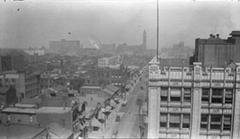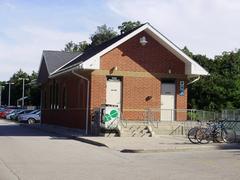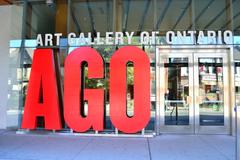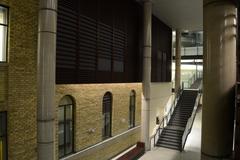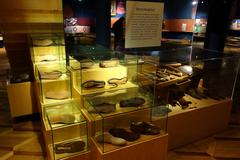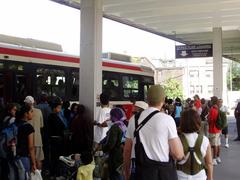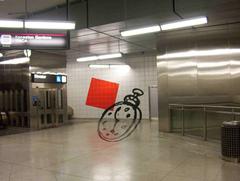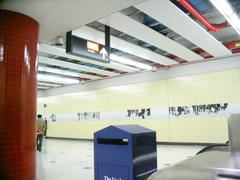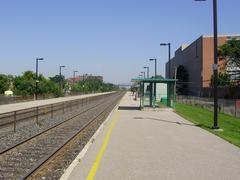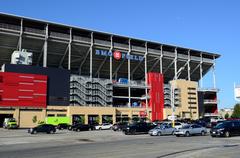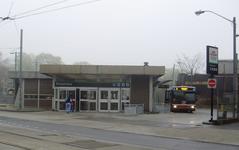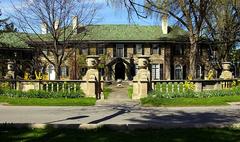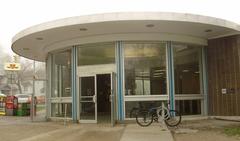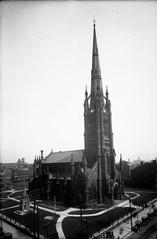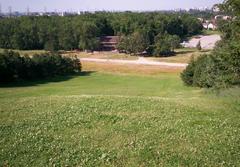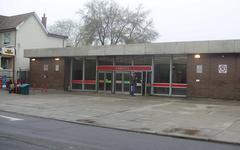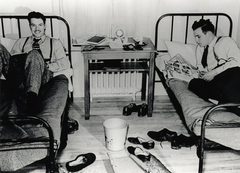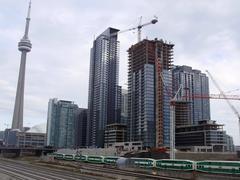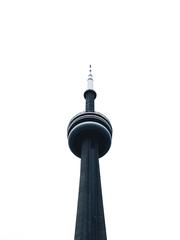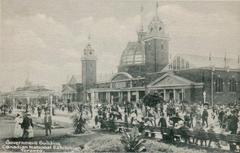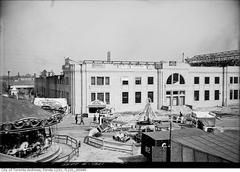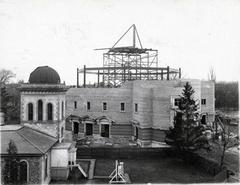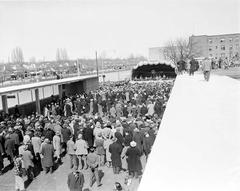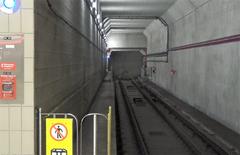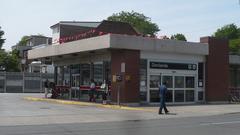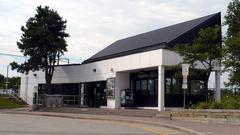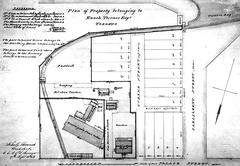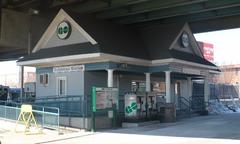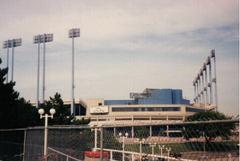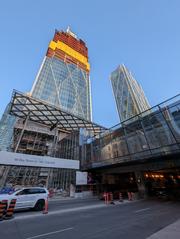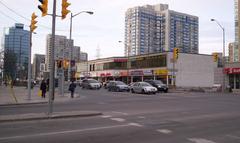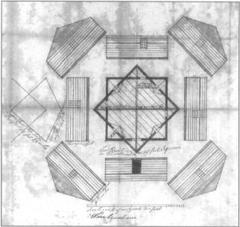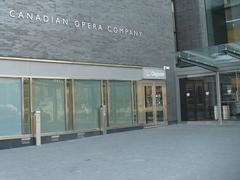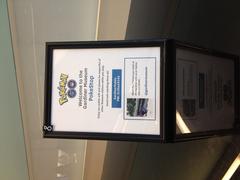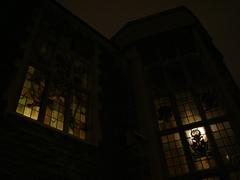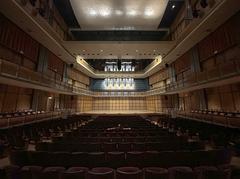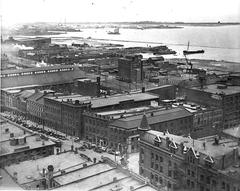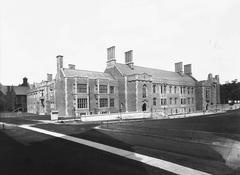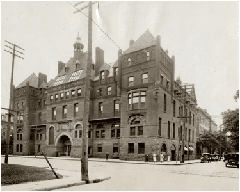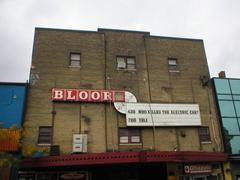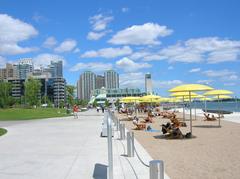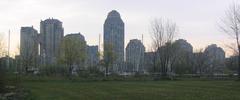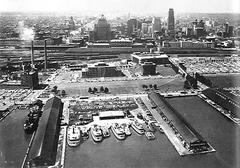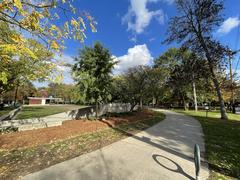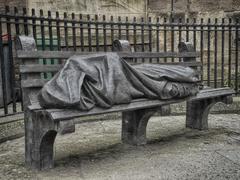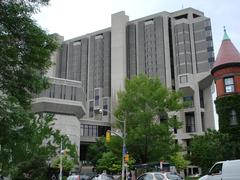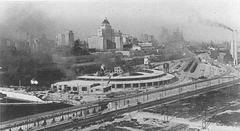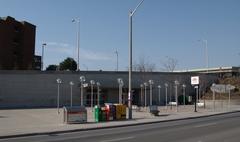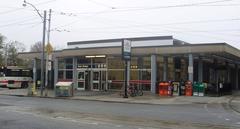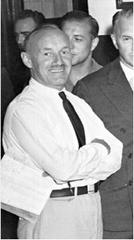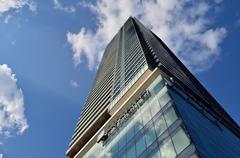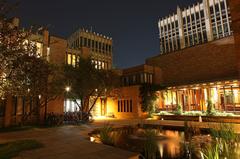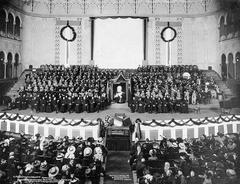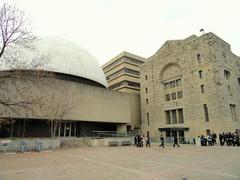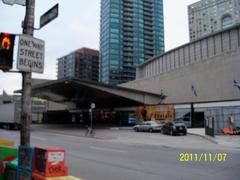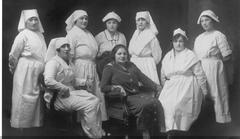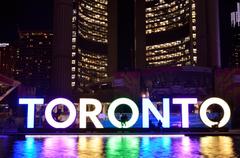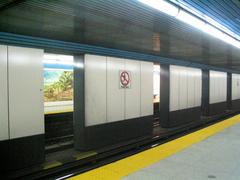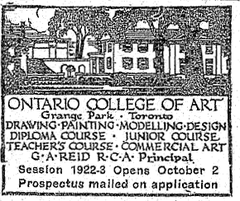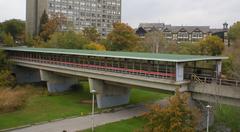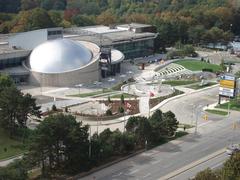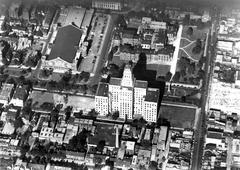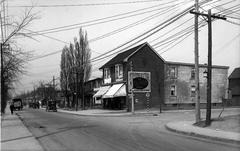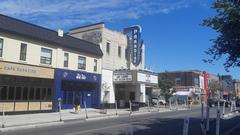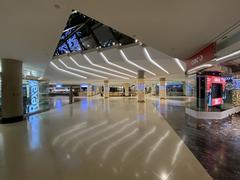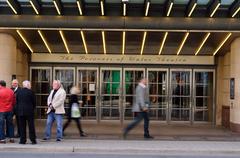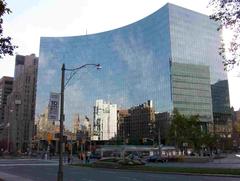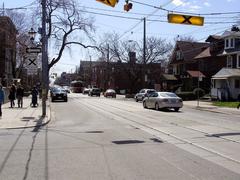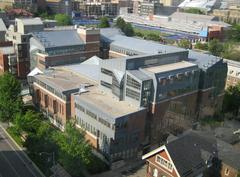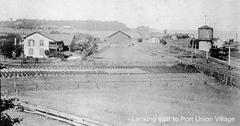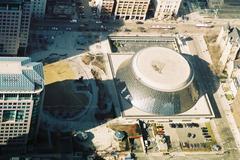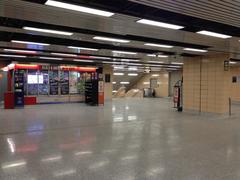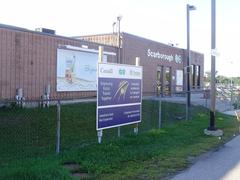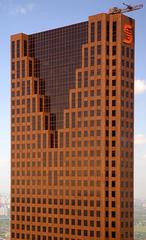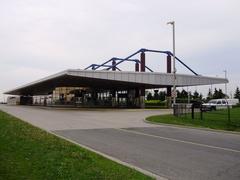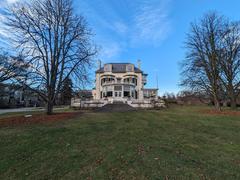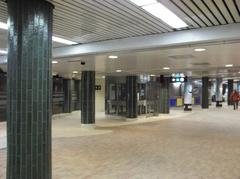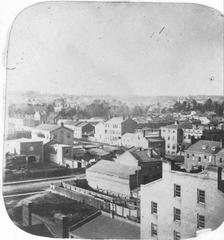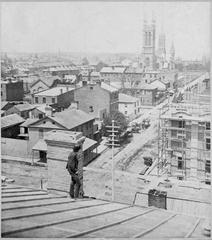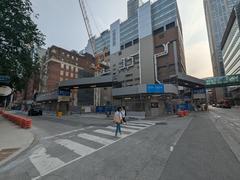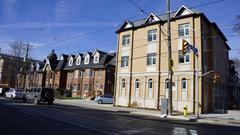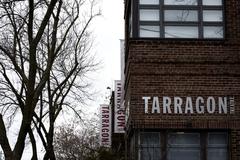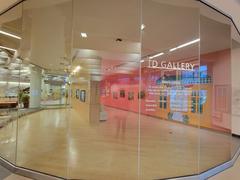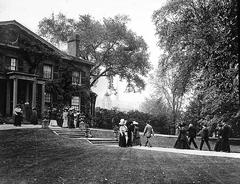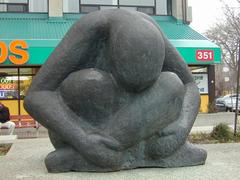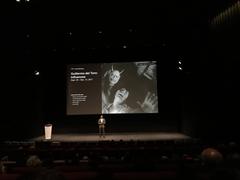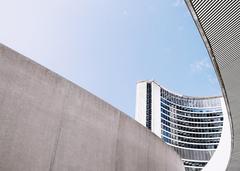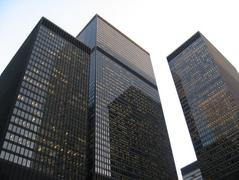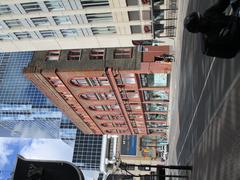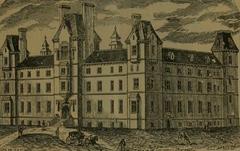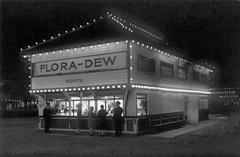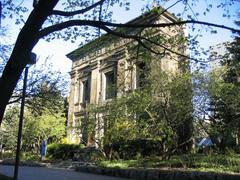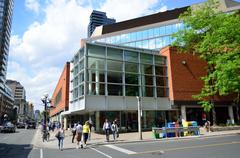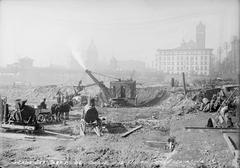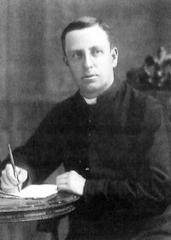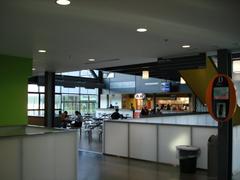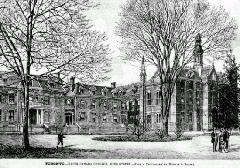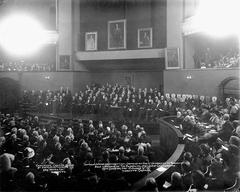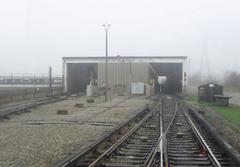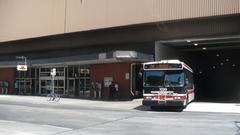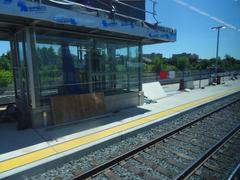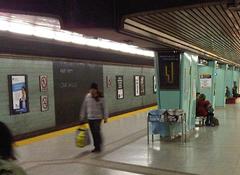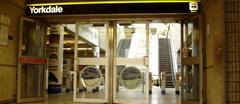Sinai Health System Toronto: Visiting Hours, Visitor Information, and Historical Insights
Date: 04/07/2025
Introduction
Sinai Health System, anchored by the historic Mount Sinai Hospital, is a pillar of healthcare, research, and community service in Toronto’s dynamic hospital district. Established in 1913 by Toronto’s Jewish immigrant community, Sinai Health has grown into an integrated network that includes Mount Sinai Hospital, Hennick Bridgepoint Hospital, and the Lunenfeld-Tanenbaum Research Institute. Today, the system delivers acute care, rehabilitation, and globally acclaimed biomedical research, while remaining committed to inclusivity and cultural sensitivity. Visitors to Sinai Health can expect modern facilities, accessible services, and proximity to Toronto’s cultural and historical landmarks such as Yorkville and the University of Toronto. This comprehensive guide covers everything you need to know about visiting Sinai Health System, its remarkable history, key visitor information, and how to maximize your experience. For current updates and visitor guidance, consult the official Sinai Health website and Sinai Health Foundation.
Table of Contents
- Introduction
- Historical Overview
- Visitor Information
- Commitment to Inclusivity and Community
- Research, Innovation, and Redevelopment
- FAQ
- Conclusion and Call to Action
- References
Historical Overview
Founding and Early Years (1913–1953)
Mount Sinai Hospital originated from the vision of Toronto’s Jewish immigrant community, who faced significant barriers in accessing culturally sensitive healthcare. In 1913, the Ezras Noshem Society, led by Slova Greenberg and four pioneering women, established a hospital to serve marginalized populations. By 1922, they had transformed 100 Yorkville Avenue into the Hebrew Maternity and Convalescent Hospital, notable for providing kosher meals and Yiddish-speaking staff. The hospital rapidly became a central resource for the community, operating with limited resources and a deep commitment to inclusion (Sinai Health Foundation, Wikipedia: Mount Sinai Hospital (Toronto)).
Growth, Relocation, and Expansion (1953–1985)
To address expanding healthcare needs, Mount Sinai Hospital relocated in 1953 to 600 University Avenue, positioning itself alongside leading institutions like Toronto General Hospital and Princess Margaret Cancer Centre (Sinai Health). The move enabled the hospital to grow from 30 to 472 beds and become a major teaching and research center. In 1985, its original Yorkville site was designated a historical landmark, coinciding with the founding of the Samuel Lunenfeld Research Institute and ushering in a new era of medical innovation (Sinai Health Foundation).
Integration and Modernization (2015–Present)
On January 22, 2015, Mount Sinai Hospital merged with Hennick Bridgepoint Hospital and the Lunenfeld-Tanenbaum Research Institute to form Sinai Health System (Sinai Health). The system, affiliated with the University of Toronto, is internationally recognized for excellence in genetic research, women’s and infants’ health, surgical oncology, cardiology, and more (Sinai Health Foundation).
Visitor Information
Visiting Hours
Mount Sinai Hospital generally welcomes visitors daily from 11:00 AM to 8:00 PM. However, hours may vary by department, particularly in critical care or maternity units. Always consult the official Mount Sinai Hospital website or contact the hospital directly for the most up-to-date information.
Tickets and Tours
As an active medical facility, visitation to Mount Sinai Hospital does not require tickets. However, guided tours and special events highlighting the hospital’s history and innovations are occasionally offered. Details for these can be found on Sinai Health’s official website and social media channels.
Accessibility and Facilities
Sinai Health prioritizes accessibility, offering wheelchair-accessible entrances, elevators, and interpreter services in over 45 languages (Sinai Health Foundation). Visitor parking is available onsite, and the hospital is readily accessible via Toronto’s public transit system.
Nearby Attractions and Photographic Spots
Located in downtown Toronto, Mount Sinai Hospital is within walking distance of the University of Toronto, the Yorkville neighborhood, and the hospital’s original historic site. The modern hospital complex and Lunenfeld-Tanenbaum Research Institute also provide excellent opportunities for photography.
Commitment to Inclusivity and Community
From its inception, Mount Sinai Hospital has embodied a mission of inclusivity, evolving from a sanctuary for Jewish immigrants into a diverse healthcare institution serving patients from all backgrounds. Initiatives such as the Renew Sinai campaign support ongoing modernization and redevelopment, further strengthening the hospital’s role in the community (Renew Sinai).
Research, Innovation, and Redevelopment
The Lunenfeld-Tanenbaum Research Institute, part of Sinai Health, is home to over 600 researchers and staff, and is internationally recognized for groundbreaking contributions to medical science (Wikipedia: Mount Sinai Hospital (Toronto)). The Renew Sinai initiative is transforming over 300,000 square feet to enhance care for women, infants, and seniors, all while maintaining continuous hospital operations (Renew Sinai).
Frequently Asked Questions (FAQ)
Q: What are Mount Sinai Hospital’s visiting hours?
A: General visiting hours are 11:00 AM to 8:00 PM, but these may vary by unit. Always check the hospital’s website before your visit.
Q: Do I need tickets to visit Mount Sinai Hospital?
A: No tickets are required for general visitation. Some tours or events may require registration.
Q: Is Mount Sinai Hospital accessible for people with disabilities?
A: Yes. Facilities include wheelchair access, elevators, and interpreter services.
Q: What nearby attractions can I visit?
A: The hospital is near Yorkville, the University of Toronto, and other downtown Toronto landmarks.
Q: Does the hospital provide culturally sensitive care?
A: Yes. Sinai Health continues its tradition of providing culturally sensitive services, including kosher food and multilingual staff.
Conclusion and Call to Action
Sinai Health System is a beacon of healthcare, research, and community service in Toronto. Its rich history, commitment to inclusivity, and ongoing innovation make it an essential destination for patients, visitors, and anyone interested in the city’s heritage. For the latest updates, visitor tips, and exclusive content, download the Audiala app and follow Sinai Health on social media. Explore more about Toronto’s historical and healthcare sites through our related articles.
For a more engaging visit, use visual resources and maps available on the Sinai Health website, featuring images such as “Mount Sinai Hospital Toronto main entrance” and “Historic Yorkville site of original Mount Sinai Hospital” with descriptive alt text.
Summary and Final Tips for Visitors
Sinai Health System reflects Toronto’s spirit of resilience, inclusivity, and medical innovation. From its roots serving Jewish immigrants to its current status as a leading academic health sciences centre, Sinai Health continues to shape patient care through compassion and pioneering research. Visitors benefit from structured visiting hours, accessible facilities, and culturally sensitive services, all within a vibrant urban landscape. To maximize your visit, stay updated through the Audiala app and official Sinai Health channels (Renew Sinai, Sinai Health).
References
- Mount Sinai Hospital Toronto: History, Visitor Information & Must-Know Tips for Your Visit, 2025, Sinai Health Foundation (https://secure.supportsinai.ca/site/SPageNavigator/frontiersofcare_e1.html)
- Sinai Health System Toronto: Visiting Hours, Services, and Healthcare Excellence, 2025, Sinai Health (https://www.sinaihealth.ca/about-sinai-health)
- Mount Sinai Hospital (Toronto) Wikipedia, 2025 (https://en.wikipedia.org/wiki/Mount_Sinai_Hospital_(Toronto))
- Renew Sinai, 2025 (https://renewsinai.sinaihealth.ca/about-renew-sinai/)
